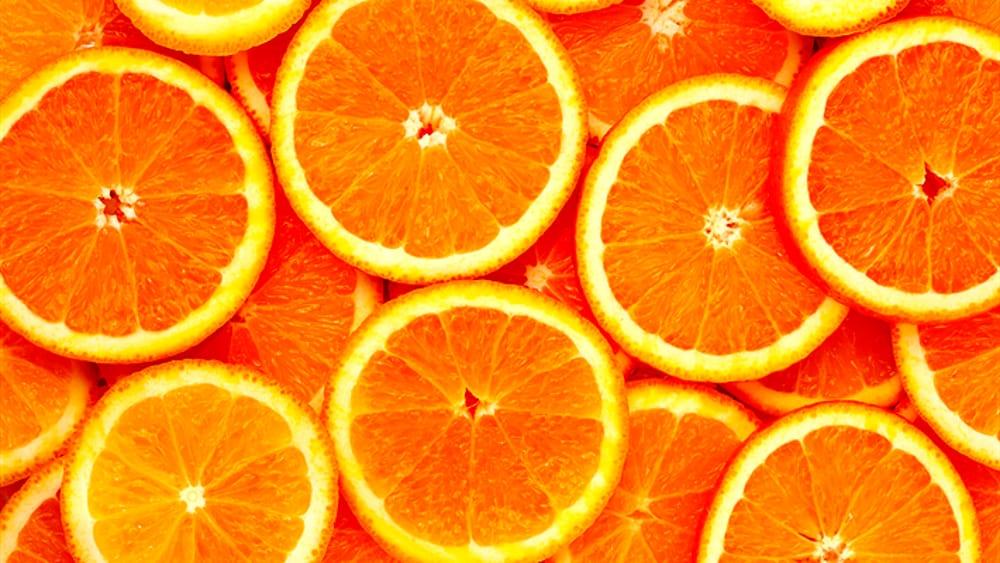BiOrangePack, a new solution selected by WEF - CAP able to provide and optimize post-harvest processing, transport and distribution of citrus fruits

BiOrangePack, supported by Partnership on Research and Innovation in the Mediterranean Area (PRIMA), partly financed by the EU research and innovation programme Horizon 2020, is a project to increase efficiency, sustainability and competitiveness in the post-harvest citrus process chain in the Mediterranean regions.

The BiOrangePack project involves five major citrus-producing countries of the Mediterranean region, including the two main citrus-producing EU-countries (Italy and Spain), the two major citrus exporters (Spain and Turkey), two North-African dynamics and expanding citrus producers (Algeria and Tunisia) the leading EU-country producing organic citrus fruits (Italy) as well as the main importer EU-country of citrus fruit (France).
This project is coordinated by the Department of Agricolture, Food and Environment of the University of Catania (Italy) and involves 14 universities and research centres from 6 Mediterranean countries. Each partner has a well-defined role based on their detailed expertise and knowledge.
The overall objective of the project is to increase the efficiency, sustainability and competitiveness of the post-farming processing chain of organic citrus fruit, by intervening on points of weakness and the unresolved problems of this supply chain. Consistently with the scope, specific objectives include:
- Reduction of losses caused by post-harvest rots during storage and transportation, by treating the fruits with non-toxic, eco-friendly substances and bio-products compatible with organic food as an alternative option to synthetic fungicides (innovative green technology). The goal is to reduce the losses from 30 to 0.5%.

- Use of molecular diagnostics to raising of the quality standards of fresh fruits and juice (innovative biotechnology) for the detection of pathogenic quarantine fungi and mycotoxins (under detectable levels) and excluding fruits that do not comply with EU and EPPO phytopathological and toxicological standards.
- Extending fruit shelf life by at least 10 days, using bio-active coatings that are easy to use and biodegradable.
- Application of smart technologies (ICT-based technologies and machine learning techniques) to improve the efficiency of shipping times and optimize the delivery of fruits to the targeted markets (20% increase in shipment efficiency and exclusion of complaints or cuts).
- Reduction up to 80% of the waste of the industrial fruit transformation by recycling and exploiting the most of citrus pulp, the major by-product of juice and essence industry, by utilizing it as a raw material to produce a biodegradable and natural biocoating of fruit packaging, in accordance with the principles of circular economy and the standards of organic food.

Strategies to increase the adoption of BiOrangePack among the target market are:
- Reduction of fruit losses, caused by post-harvest rots, by the implementation of (i) new post-harvest treatments based on non-toxic, ecological substances and organic biofungicides and of a (ii) rot-detector Citrus electronic nose.
- Reduction of spreading of pathogenic quarantine fungi and mycotoxins by developing practical, cost-effective, rapid, and sensitive diagnostic tools.
- Optimization of times of shipment and delivery of fresh fruits by a Citrus-navigator system, based on ICT- and machine learning-based technologies.
- Extension of shelf-life of fresh fruits by biodegradable active biocoating and smart packaging.
- Recycling the industrial wastes generated by the transformation of citrus fruits by the production of biodegradable and natural biocoating of fruit packaging.

As a relevant experience and example of good practice, BiOrangePack is expected to be highlighted by WEF – CAP in upcoming discussions and workshops related to good policy development.
More information about the project can be found here.







